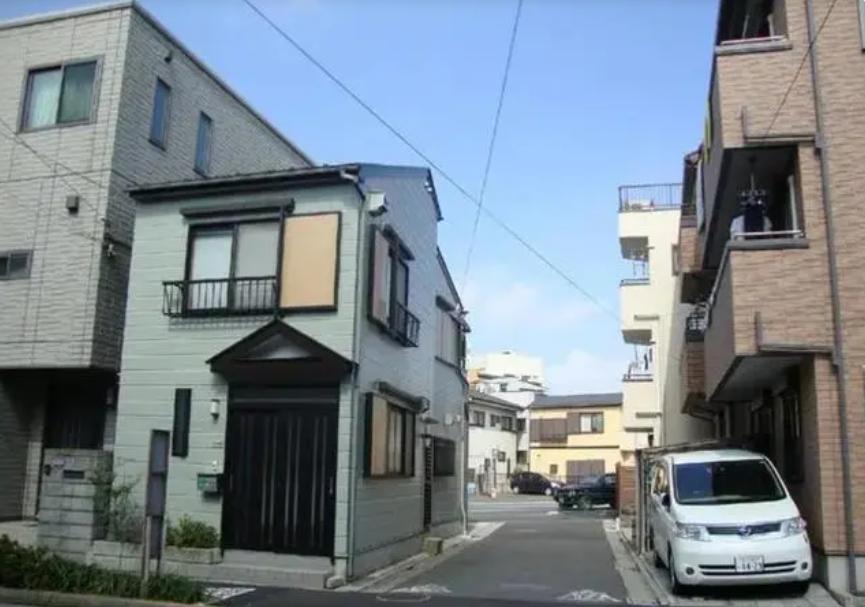
Real estate is so important, related to the national economy and people's livelihood, it is the pillar of the national economy, the symbol of wealth, the core of major asset allocation, the mother of the economic cycle, the guarantee of people's livelihood, the source of financial crisis. Housing price is one of the core indicators reflecting the fluctuation of the real estate market, and its change affects the buyer's expectation, the change of household wealth and the stability of the financial system. Japan's real estate bubble burst in 1991 and prices began a long decline. Since the real estate bubble burst in 1991, the Japanese real estate market has experienced a downward cycle of about 48 months, supported by easing policies, ushered in a turning point in 1996, and then ushered in a stable repair period of about 24 months. During the 1997 Asian financial crisis, the Japanese economy remained in a depression.
In recent years, the volatility of house prices has aroused wide discussion, and the market has begun to search for its changes, trying to find an "anchor" that can judge whether the house price has bottomed. The Japanese government introduced a policy of uniform regulation of housing prices, which caused housing prices to plummet. Many people who borrowed a lot to buy a house, the mood fell from the peak to the trough, and finally, the value of their own property can not even fully repay their loans, and the divorce rate soared in China. Once the Japanese government launches this policy, it will bring many impacts. First, the economic impact is that the collapse of housing prices is often accompanied by a large number of loan defaults, resulting in a surge in non-performing loans of banks. This would not only weaken banks' capital ratios, but could also trigger a credit crunch and further deepen the recession. In extreme cases, banks may be at risk of failure, as in the case of Sakura Bank of Japan after the bursting of the housing bubble. The collapse of housing prices will directly lead to the decline of real estate and related industries (such as construction, decoration, furniture, etc.), which will affect the overall economic growth. As investment and consumer demand decrease, the economic growth rate will slow down, and may even turn negative. A collapse in housing prices could trigger a chain reaction in financial markets, such as stock market declines and bond market volatility. This would increase market uncertainty, reduce investor confidence and further depress economic activity. After a collapse in house prices, deflation could intensify as asset prices fall and consumer expectations deteriorate. That would lead to lower prices and lower corporate profits, deepening the recession.
The second is the social impact, the collapse of housing prices will lead to a large number of layoffs in real estate and related industries, and then push up the unemployment rate. In addition, due to the economic downturn and business difficulties, there will be fewer jobs in other industries. The impact of the house price crash on buyers and non-buyers is very different. Homebuyers may be in financial trouble due to the depreciation of their assets, while non-homebuyers may face greater living pressure due to rising rents. This will widen the gap between the rich and the poor. A collapse in house prices could spark social discontent and protests. Home buyers are suffering huge losses from depreciating assets, which could put pressure on the government to take measures to stabilize prices. At the same time, high unemployment and social inequality also exacerbate social conflicts.
The third is the personal impact, for home buyers, the collapse of house prices means a sharp depreciation of assets and a heavier loan burden. They may have to bear higher repayment pressure or risk default. The rental market could also be affected by a collapse in house prices. Rents may rise or listings may decline, leading to greater housing difficulties for non-buyers. Not only does a house price crash have an impact on an individual's financial situation, it can also have a negative impact on mental health. Home buyers may feel anxious, depressed and even hopeless as their assets fall in value.
To sum up, Japan's housing price "crash" has brought about many other social consequences, and at the same time, the housing price crash will have a profound impact on the economy, society and individuals. Therefore, the government, enterprises and individuals should remain vigilant and strengthen risk prevention and control and response measures to mitigate the negative impact of the housing price crash. Together, these consequences form a complex picture of the aftermath of Japan's house price collapse.

报告显示,中国电力投资加速增长,预计2024年电网基建投资将超过5300亿元。
近日,市场迎来了一则引人注目的消息:工业巨头3M公司(MMM.N)在本周五公布了其季度业绩报告,随后股价飙升至近两年来的
最近,外媒给OpenAI算了笔账,今年可能要血亏50亿美元。
近日,巴黎奥运会和世界铁人三项协会联合发布了一项重大决定,宣布因塞纳河水质污染问题,原定于近期进行的奥运会铁人三项首次下
当地时间7月18日,法国巴黎发生了一起令人震惊的持刀袭警事件。
近期,一则重大消息在国际舞台上引起轩然大波,马来西亚宣布加入金砖国家。
调查发现,互联网和智能手机的使用干扰了韩国近五分之一学生的生活。